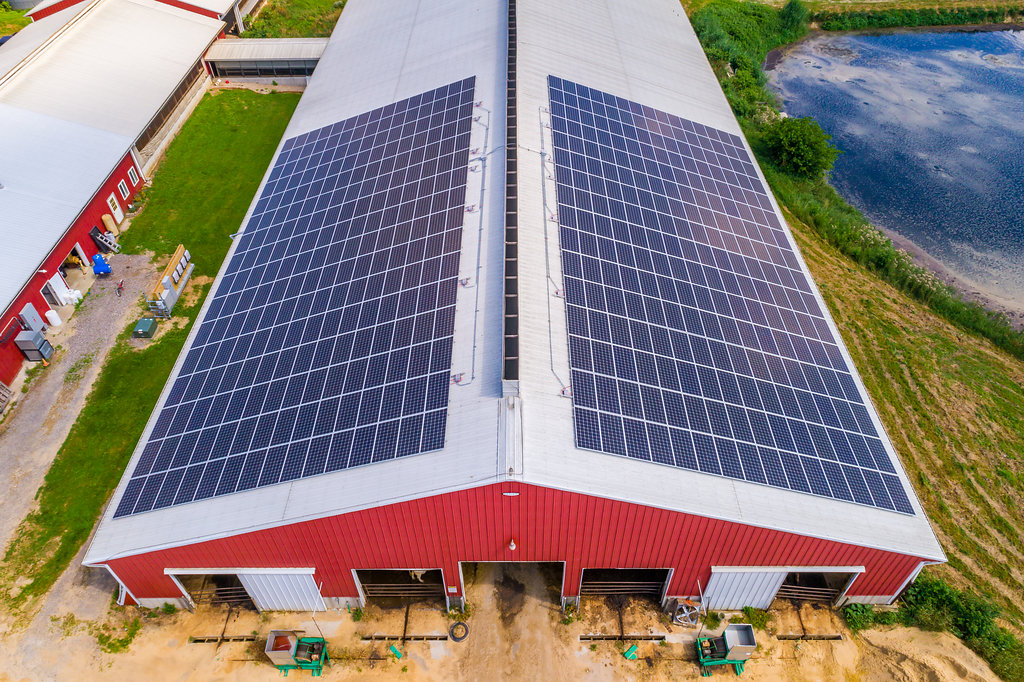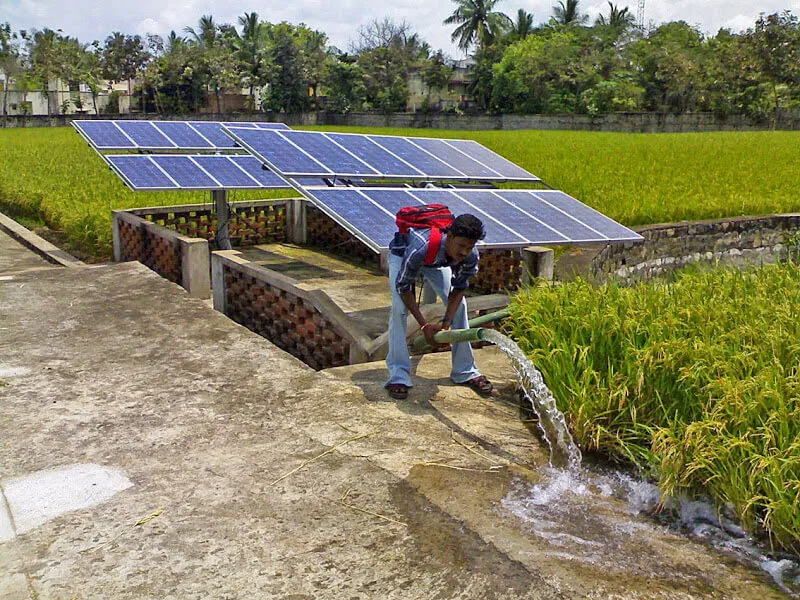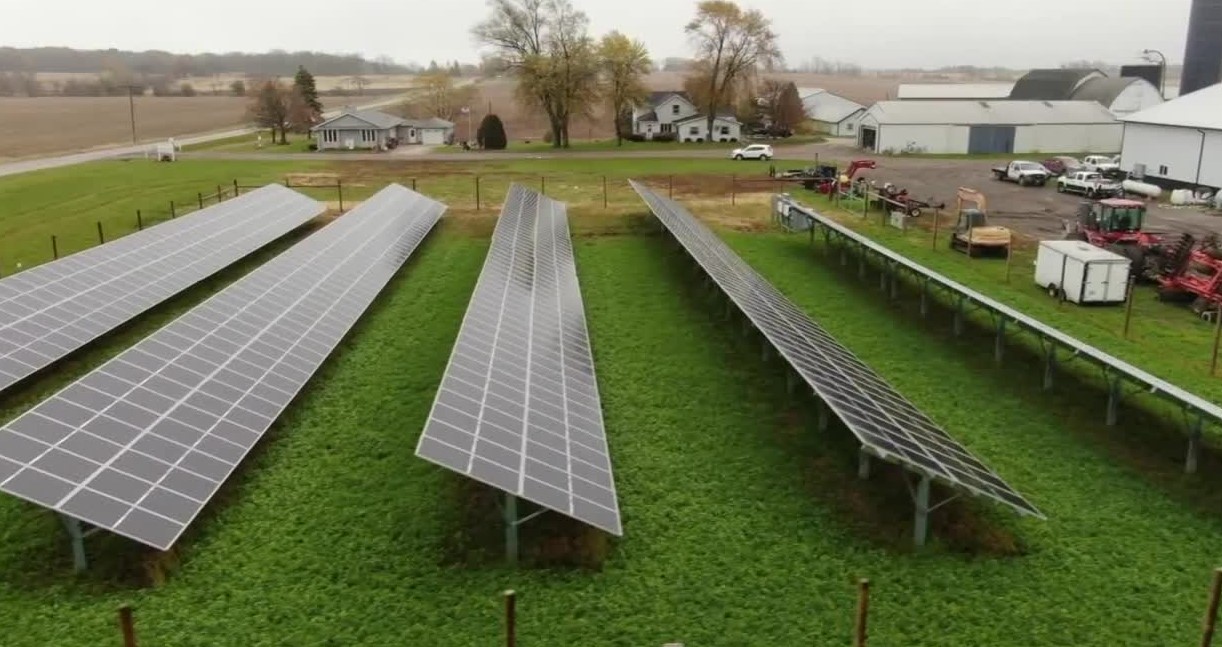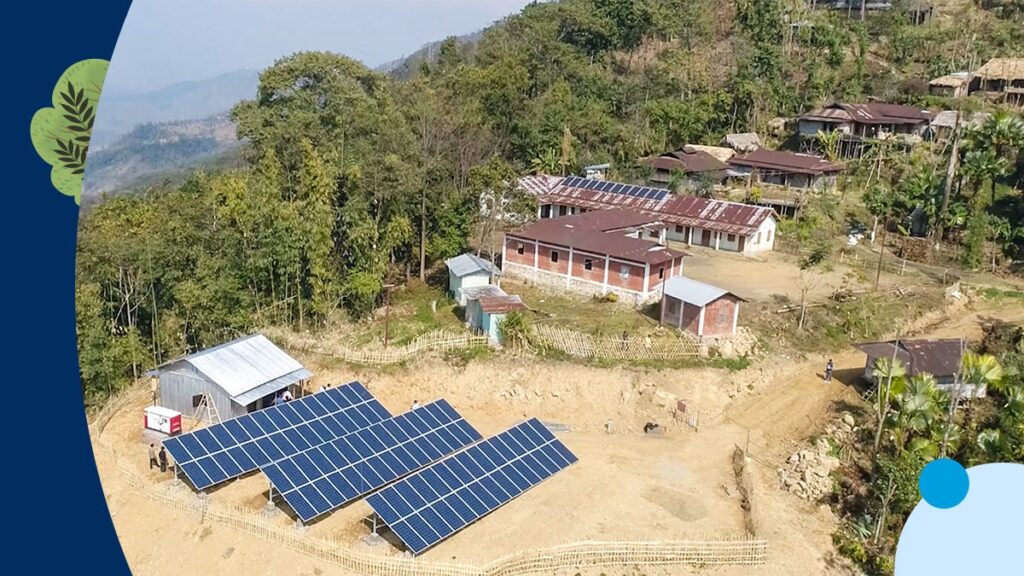As the world grapples with the effects of climate change and the depletion of non-renewable resources, the importance of renewable energy continues to grow.
Among the various renewable energy sources available, solar energy stands out for its accessibility and potential benefits, particularly for rural communities.
Benefit 1: Economic Advantages

In many rural areas, land is an abundant resource that can be effectively utilized for solar installations. For instance, in Dairy, Oregon, a solar facility has been leasing land from local farmers, providing them with a steady stream of additional income.
These leases not only increase farmers’ income but also contribute to local tax revenue, thereby boosting the overall economy of rural communities.
Reduced Energy Costs
One of the primary benefits of solar energy is the reduction in energy costs for rural residents. According to the Borgen Project, solar energy can eliminate the need for expensive grid extensions, which are often necessary to supply electricity to remote areas.
By generating their own electricity, rural households can significantly reduce their monthly energy expenditures, leading to substantial cost savings over time.
Creation of Local Jobs
The renewable energy sector, particularly solar energy, has been a significant source of employment in rural areas. As highlighted by Cepsa, job opportunities in solar panel installation, maintenance, and operations are abundant.
These jobs not only promote local economic growth but also help combat the issue of rural depopulation by providing residents with stable employment opportunities.
Benefit 2: Environmental Benefits
Solar energy contributes to a significant reduction in local pollution levels. For example, a solar facility in Oregon has helped reduce reliance on non-renewable energy sources like coal and diesel, leading to improved air quality.
This reduction in pollutants has direct health benefits for local residents, including fewer respiratory and cardiovascular diseases.
Promotion of Sustainable Practices

The integration of solar energy into rural communities encourages sustainable practices. Cepsa discusses how solar energy promotes energy self-sufficiency and conservation, which are crucial for sustainable living. By utilizing renewable energy locally, these communities can reduce their overall carbon footprint and contribute to broader environmental goals.
Combatting Climate Change
Adopting solar energy in rural areas is a critical step toward meeting state and national renewable energy targets. By reducing greenhouse gas emissions and the overall carbon footprint, rural communities can play a significant role in combatting climate change.
The commitment to long-term environmental stewardship helps preserve the natural beauty and health of rural landscapes for future generations.
Benefit 3: Social and Community Development
Access to reliable electricity can significantly enhance the quality of life in rural areas. The Borgen Project notes that improved access to electricity facilitates modern conveniences, better educational opportunities, and overall improved living conditions. Reliable electricity also enhances safety by providing consistent lighting and power for essential devices.
Health Improvements
Switching to solar energy can lead to substantial health improvements by reducing indoor air pollution. Many rural households rely on burning wood and coal for heating and cooking, which can lead to respiratory and cardiovascular diseases.
Community Resilience and Cooperation
Solar energy projects can foster a sense of community and cooperation. An example of this is the local energy community in Castilfrío de la Sierra, where residents work together to manage and benefit from renewable energy projects.
Such initiatives promote local governance, community involvement, and shared benefits, strengthening the social fabric of rural areas.
The Bottom Line

Solar energy offers substantial economic, environmental, and social benefits for rural communities. By generating additional income, reducing energy costs, and creating jobs, it bolsters local economies. Environmentally, it reduces pollution and greenhouse gas emissions, promoting sustainability and combatting climate change.







